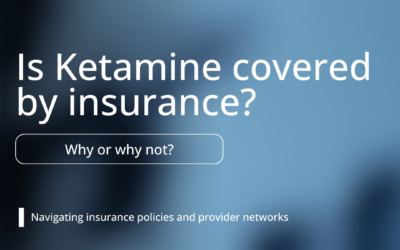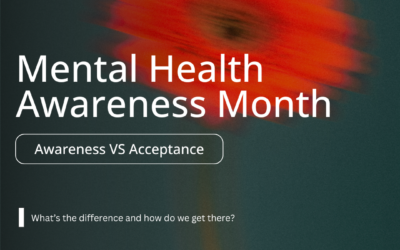Ketamine for depression
Ketamine is different from traditional anti-depressants
From mild to moderate to severe cases, depression responds robustly to low-dose ketamine treatments. Those suffering from suicidal ideation may find these symptoms removed entirely following the first weeks of treatment.
Ketamine is different from traditional antidepressants and can be effective even if other treatment methods have yielded sub-optimal results. This powerful medication can facilitate major changes, quickly. It doesn’t change who you are, only how you feel.
%
After their first three weeks of treatment, more than 80% of patients report at least a 50% reduction in symptoms
%
An estimated 30.9% of those with Major Depressive Disorder can be defined as having Treatment Resistant Depression
Depression research
Treatment options for depression
Ketamine
Our foundational program: 6 intravenous infusions administered over 2-3 weeks under careful monitoring by our trained medical staff
Ketamine + Therapy
Work through challenging life issues with Ketamine Assisted Psychotherapy, our most involved program, with a licensed mental health counselor trained in psychedelic therapy
Related articles
Ketamine Treatment and Insurance Coverage: A Complex Relationship
At Northwest Ketamine Clinics, we understand that patients often have questions about insurance coverage for IV ketamine treatments. The topic is complex, and often frustrating for both patients and clinics like ourselves, with several factors contributing to the...
Mental Health Awareness Month: Breaking Barriers with Compassion
May marks Mental Health Awareness Month, which is not just a time to shed light on the significance of mental health, but to dismantle the stigma surrounding mental health hurdles. At Northwest Ketamine Clinics, we're dedicated to raising awareness and offering...
Who is a Good Candidate for Ketamine Treatment?
We understand that determining the right candidates for ketamine treatment is a crucial step in providing effective and safe care. In this blog post, we'll explore the factors and conditions that make someone a suitable candidate for Ketamine therapy. What is Ketamine...


